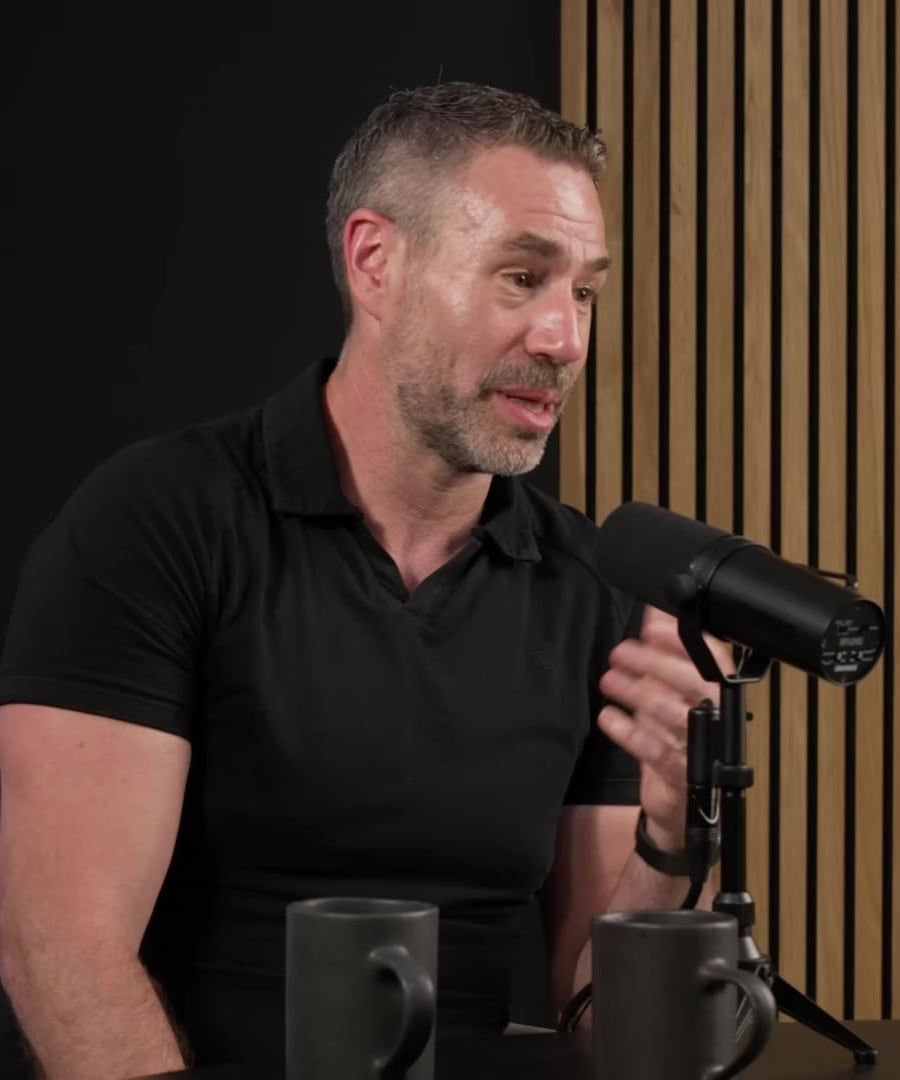Weed and cancer
Sources:
Discussion on the relationship between cannabis (weed) and cancer covered various aspects on the .
-
Potential Benefits in Cancer Treatment:
- Cannabis can reduce pain and nausea for chemotherapy patients. It is also used for conditions like glaucoma due to its ability to lower intraocular pressure and protect neuron health 1.
-
Lung Cancer Risk:
- According to , while smoking cannabis has risks for lung damage, the associations with lung cancer don't hold as strongly as they do with cigarette smoking. This could be due to differences in frequency and amount, as well as possible anti-proliferative effects in certain studies 2.
-
General Health Risks:
-
Comparisons:
- In contrast, regular alcohol consumption has been strongly linked to various cancers, including breast cancer, due to its effects on cell cycle regulation and gene expression 4.
These insights highlight both potential medical applications and significant health risks associated with cannabis use. For more in-depth understanding, refer to the related episodes and .
RELATED QUESTIONS-
How does cannabis compare to alcohol in terms of cancer risk?
Sources:
When comparing cannabis and alcohol in terms of cancer risk, these are the key distinctions highlighted by on the :
Alcohol
-
- Alcohol consumption significantly increases cancer risk, particularly breast cancer. This is due to alcohol-induced changes in DNA methylation and gene expression 1.
- The relationship between alcohol and cancer has been well-documented since the 1980s, indicating that even low to moderate amounts can be problematic. Epidemiologists often compare alcohol to smoking in terms of cancer risk 2.
Cannabis
-
- Smoking cannabis does present risks for lung damage, but the evidence linking it directly to lung cancer isn’t as strong as it is for smoking cigarettes. This could be due to less frequent use or potentially anti-proliferative effects on tumors being hypothesized but not confirmed 3.
General Considerations
- People often use cannabis as an alternative to alcohol, believing it to be less harmful. However, while cannabis might lack the same strong associations with certain cancers as alcohol, it still carries other health risks 4.
In summary, alcohol has a more clearly established and direct relationship with increased cancer risk, particularly for breast cancer, than cannabis does. Cannabis, while not free of risks, doesn't exhibit as strong an association with cancer compared to alcohol according to the available evidence.
RELATED QUESTIONS-
What about eatable cannabis?
Sources:
covers several key points on the risks associated with edible cannabis compared to other forms of cannabis consumption and alcohol:
-
Health Risks of Edible Cannabis:
- While focusing on edible cannabis, highlights its medical benefits, such as pain reduction in chemotherapy and lowering intraocular pressure in glaucoma. However, he notes that cannabis in any form, including edibles, can be problematic for the developing brain, particularly during pregnancy and adolescence 1.
-
Comparison with Smoking Cannabis:
- Smoking cannabis carries risks for lung damage, but evidence linking it directly to lung cancer is weaker compared to cigarette smoking. The lower frequency of use and potential anti-proliferative tumor effects are hypothesized reasons for this difference 2.
-
Comparison with Alcohol:
- Alcohol significantly increases cancer risk, especially breast cancer, due to changes in DNA methylation and gene expression. This risk is well-documented and even low to moderate alcohol consumption can be problematic 3.
To summarize, while edible cannabis might avoid some of the lung-related risks associated with smoking, it still poses significant health concerns, particularly for developing brains. Alcohol, on the other hand, has a more established and direct link to increased cancer risk.
RELATED QUESTIONS-
Weed and cancer
- RELATED QUESTIONS
How does cannabis compare to alcohol in terms of cancer risk?
- RELATED QUESTIONS
What about eatable cannabis?
- RELATED QUESTIONS





